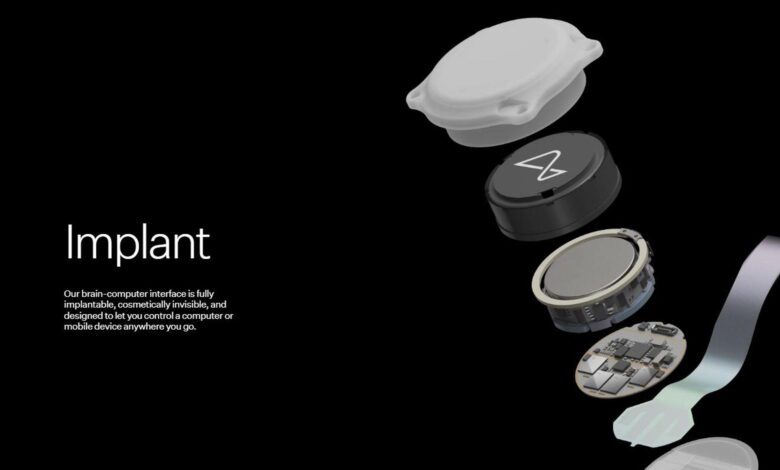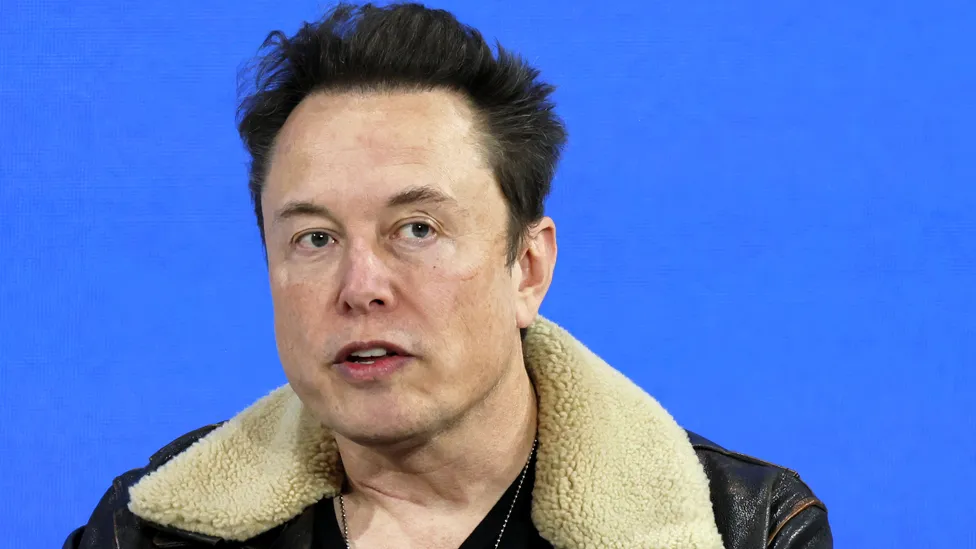Elon Musk’s Neuralink implants first chip in human brain
The patient is reportedly recovering well, and initial tests have shown promising results in neuron spike detection

Elon Musk’s Neuralink achieved an important milestone by successfully implanting its first chip in a human on Sunday. The patient is reportedly recovering well, and initial tests have shown promising results in neuron spike detection. The brain chip startup had obtained approval from the US Food and Drug Administration (FDA) for its first human trial last year, following which it actively sought volunteers willing to undergo chip implantation.
Elon Musk shared the news on X, stating, “The first human received an implant from @Neuralink yesterday and is recovering well. Initial results show promising neuron spike detection.” Musk revealed that Neuralink’s product, Telepathy, allows individuals to control their phones or computers through mere thoughts.
“Enables control of your phone or computer, and through them almost any device, just by thinking. Initial users will be those who have lost the use of their limbs. Imagine if Stephen Hawking could communicate faster than a speed typist or auctioneer. That is the goal,” Musk said in another post.
The visionary entrepreneur had previously hinted that Neuralink’s first product aimed to enable individuals with paralysis to operate smartphones using their minds swiftly, bypassing the need for manual input.

According to Neuralink, during the implant, a robot is used to surgically insert 64 flexible threads which are thinner than a human hair on to the part of the brain which is used to control “movement intention”. The company says that these threads allow its experimental implants which are powered by a battery that can be charged wirelessly, to record and transmit brain signals wirelessly to an app that decodes how the person intends to move.
“[It] has great potential to help people with neurological disorders in future and is an excellent example of how fundamental neuroscience research is being harnessed for medical advances,” said Professor Tara Spires-Jones, president of the British Neuroscience Association.
“However, most of these interfaces require invasive neurosurgery and are still in experimental stages thus it will likely be many years before they are commonly available.”
Notably, Neuralink had conducted extensive animal testing, showcasing videos of monkeys playing pong solely using their brains. However, these experiments attracted criticism from animal rights groups such as the Physicians Committee for Responsible Medicine, as reported by Bloomberg. It as also alleged that around 1500 monkeys died during the testing of the implant.
You might also be interested in-Who is the world’s richest man? It’s not Elon Musk anymore!



